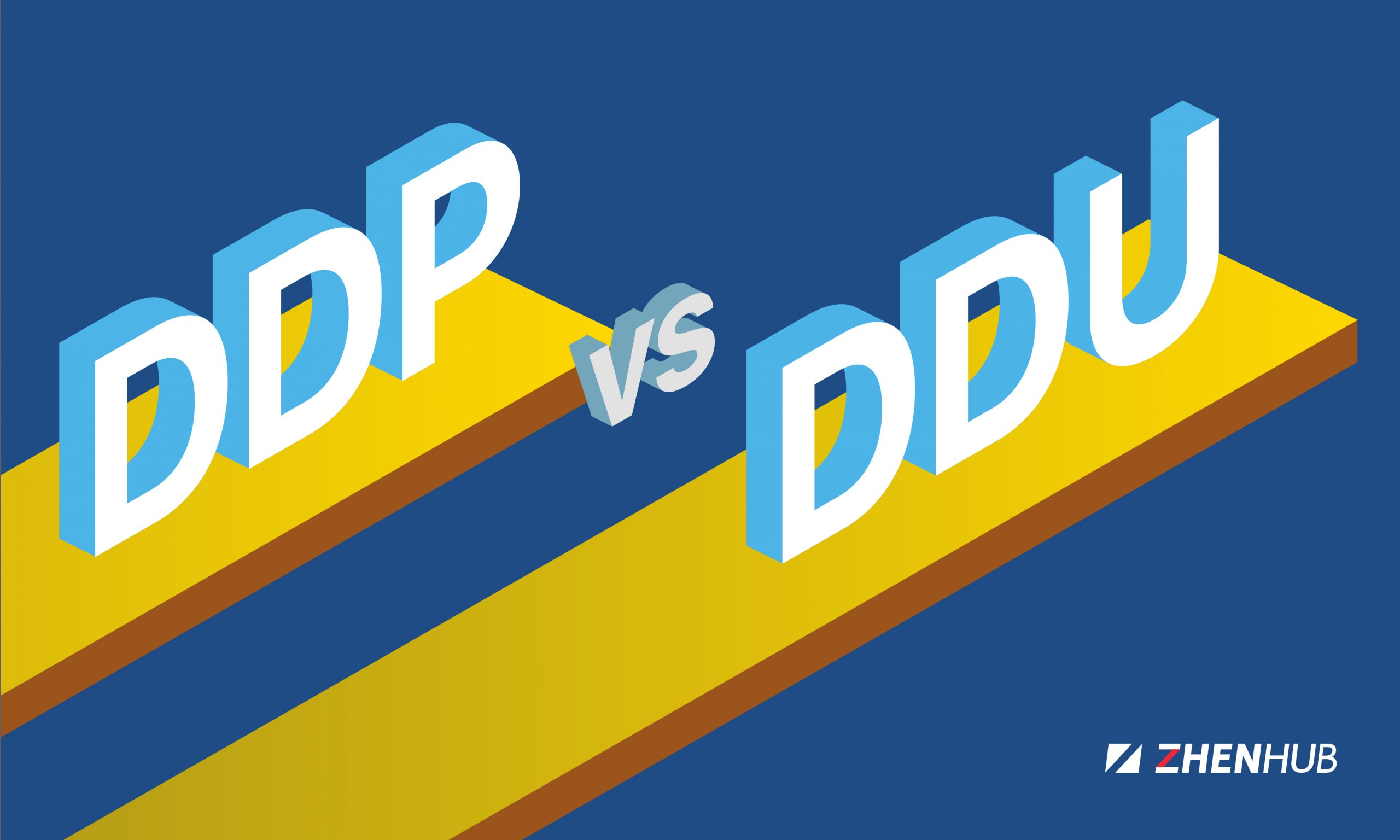
DDP vs DDU
Time to read: 2 minutes
Every industry has its own jargon, and logistics is no exception.
If you’ve ever contacted a logistics provider before, you must have heard a million logistics terms already (okay, maybe not that many). Of those, the two that you will definitely hear over and over again are DDP and DDU.
To understand what those two terms mean, you need to first know about customs duty – the tax imposed on the importation and, sometimes, exportation of goods. Customs duty can be paid either by the seller (DDP) or the customer (DDU).
In logistics, DDP stands for Delivery Duty Paid, whereas DDU stands for Delivery Duty Unpaid.
Here’s how they work.
With DDP, the seller pays the duty upfront either out of pocket or by charging customers the duty owed at checkout. So, when a product arrives in the destination country, it can clear customs directly and be on its way out for delivery.
With DDU, the customer is contacted to pay the duty once the product arrives in the destination country. After the payment is settled, the product is released by customs and delivered to the customer.
So, how do you choose between DDP and DDU?
DDP is more expensive for the seller, but more convenient for the customer.
For the seller, DDP is the more expensive option since couriers charge an additional operational fee for handling the payment to customs and, sometimes, a disbursement fee for advancing the payment on the seller’s behalf.
For the customer, having the customs duty paid means receiving a product seamlessly without being contacted by customs.
DDU is cheaper for the seller, but less convenient for the customer and (sometimes) for the seller too.
Since there are no additional operational fees with DDU, this option is much cheaper for the seller. But there’s a catch: the seller is required to notify the customer that they will be contacted to pay the duty once their order arrives at customs in order to receive the product.
Failure to notify the customer beforehand means the customer will receive an unexpected phone call from customs asking them to pay (a bad surprise to say the least). And should a customer choose to not pay the duty, the seller would then either lose the product or have to pay the duty in lieu of the customer in order to have the product shipped back to him or her.
For those of you who want to provide the best customer service, DDP is a no-brainer.
Choosing between DDP and DDU is a trade-off between cost and convenience. And while DDU is the more cost-efficient option, DDP is clearly the hassle-free one for the customer. And remember: hassle-free equals happy customers.